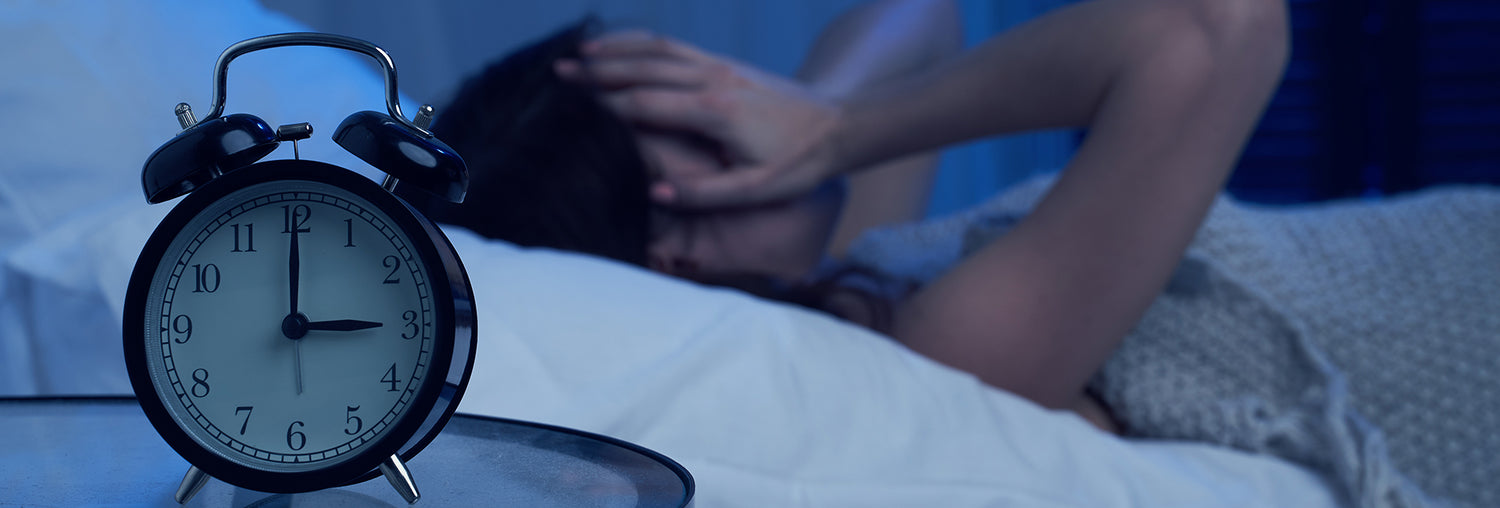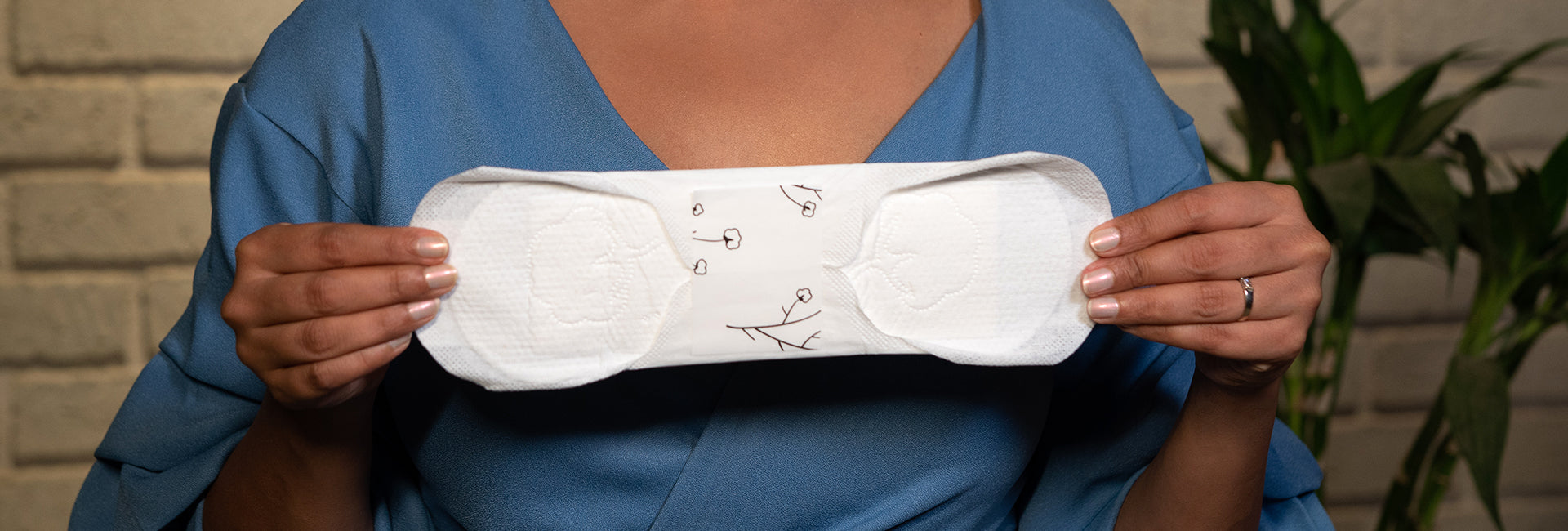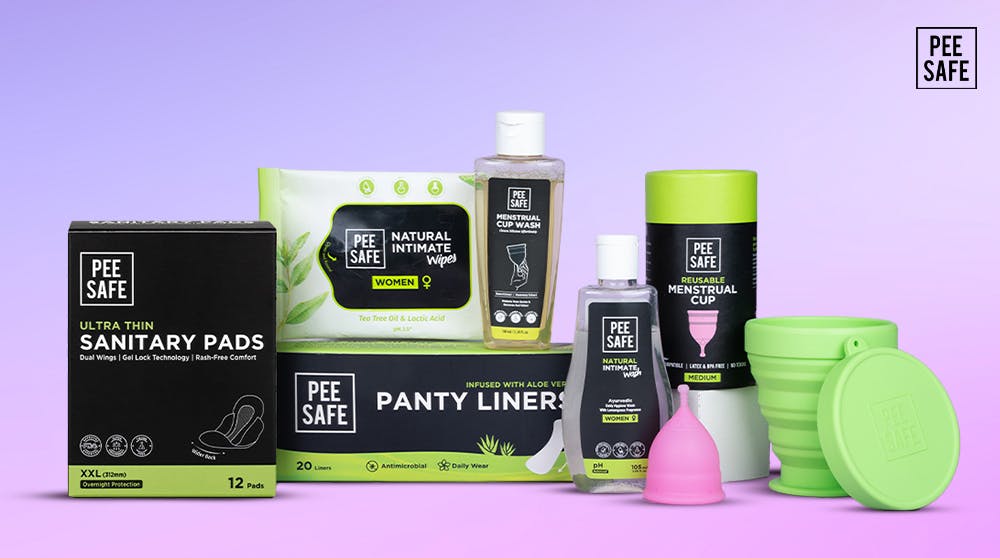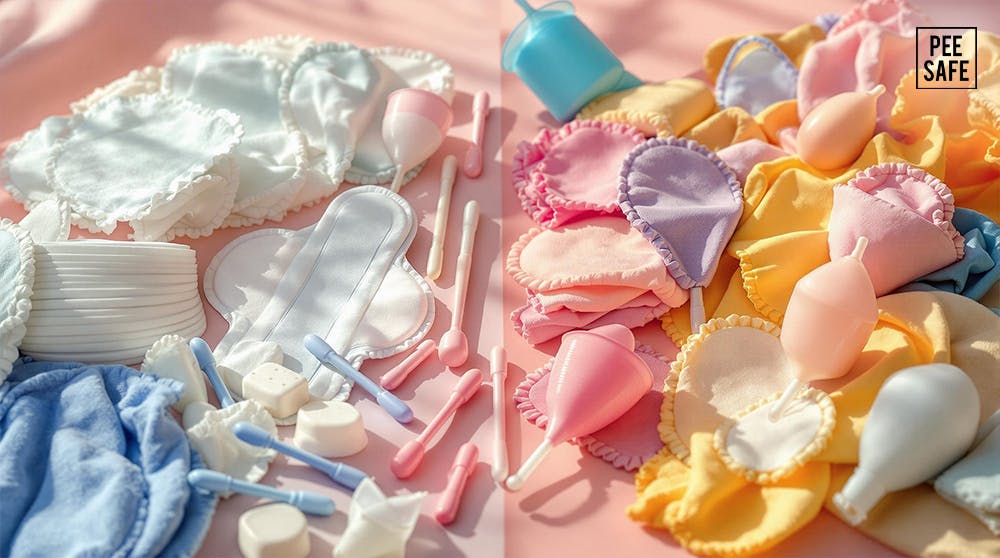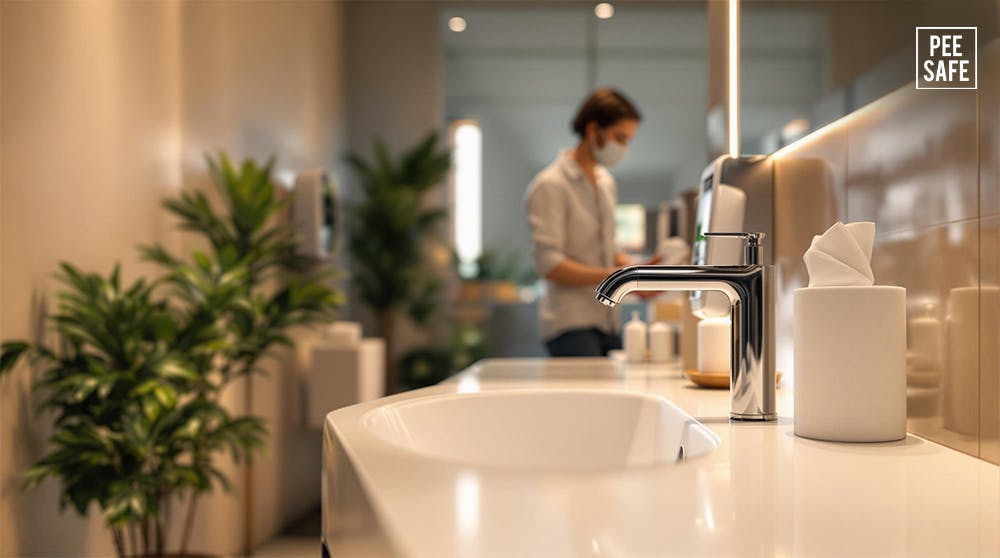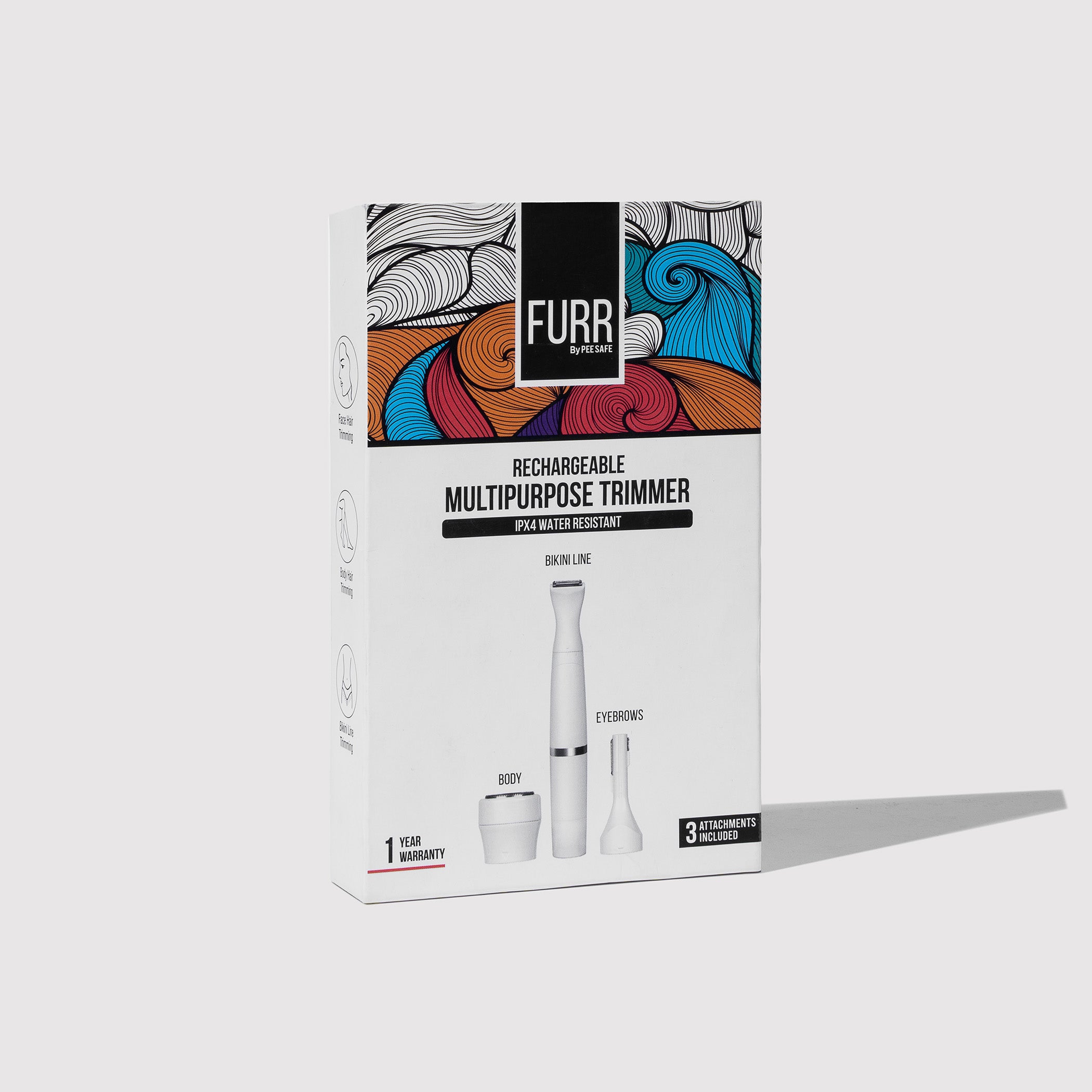Why can't I fall asleep?
Working towards a better quality of sleep
-
Healthy lifestyle habits:
Decreased intake of caffeine and oily food can significantly help with bloating and nausea. A good walk and some exercise may cause you to become tired enough to fall asleep quicker. In the days leading up to your period, make sure to practice healthy eating and activities to reduce PMS symptoms.
- Healthy night time habits: To cope with reduced melatonin production, develop healthy night time habits such as lights out 19 minutes before you fall asleep, avoid using electronic devices that negatively impact sleep quality and consistent sleep-wake timings.
- Relaxation: Nausea and cramps can lead to increased levels of anxiety. Practice yoga, meditation, and take a hot shower before falling asleep to be in a natural and relaxed state to avoid waking up multiple times.
- Cool your surroundings: To cope with increased body temperature, wear lighter clothing, and reduce the temperature of your surroundings and sheets for a sound sleep.
- Heat therapy: Hot water bags and hot baths can reduce the intensity of cramps and help you to doze off quicker.
- Seeing a medical professional: If all home-remedies fail and your symptoms cannot be handled, it may be time to seek a medical professional's help for your diagnosis and prescription.
Visit to know about cramp relief roll on


























